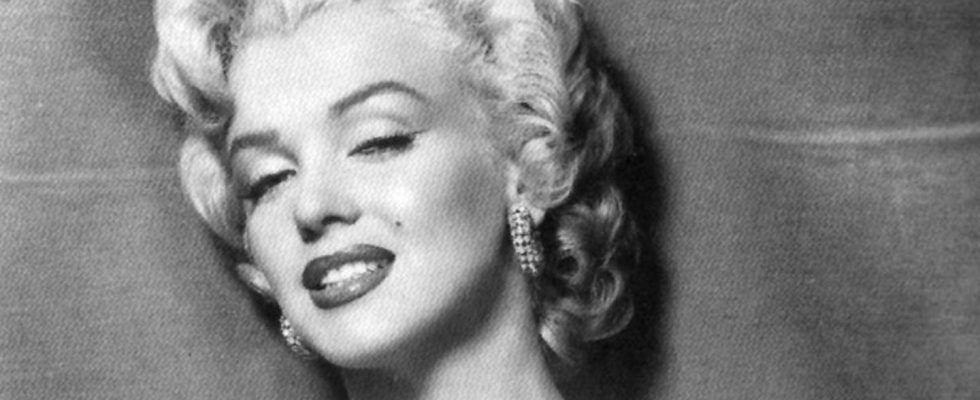Company
The myth of blonde between the Christ child and cult hair color
Marilyn Monroe was the most famous blonde in Hollywood. photo
© —/epa/dpa
For a while, blondes are considered stupid and naive because of jokes. Blonde hair also represents divinity, like the Christ child, and is linked to historical abysses. What’s it all about?
Blonde hair, many people immediately think of Marilyn Monroe and Brigitte Bardot, but also of Marlene Dietrich, Claudia Schiffer, Helene Fischer and Heino or of Barbie and blonde jokes. Hardly any other hair color is so culturally charged. And even that Christkind is associated with the color of his hair, at least at the famous Nuremberg Christkindlesmarkt, because there he appears “blonde, curly with a golden crown and white-gold robe”. It seems time to take a closer look at the mythical hair color.
How strong and who do Germans actually like blonde hair? And what do cultural scientists say about the hair color that is so legendary in art history and society?
Less than half of women dye their hair
Blonde is still the most popular hair color in Germany when it comes to dyeing – followed by shades of brown and red. At least that’s what the Body Care and Detergent Industry Association (IKW) tells us. From internal surveys among member companies we know that the proportion of women who dye their hair has decreased in recent years and is currently less than 50 percent, says deputy managing director Birgit Huber.
“It’s interesting that there is an opposite trend among men. The proportion of those who dye their hair is increasing,” says Huber. The majority of men who color have the feeling that they can “show their trend awareness through different colors and strands”.
A representative survey by the opinion research institute YouGov on behalf of the German Press Agency showed that a majority of adults in Germany find dark hair better in men – but light hair in women.
When asked, “What hair color do you find most appealing on men if you had to choose?” 17 percent each answered “black” and “dark brown”. Only 5 percent said “light blonde.” However, when it comes to women, “light blonde” was the most common answer at 17 percent, followed by “dark blonde,” “black” and “dark brown.” Far more people in Germany find “red” appealing to women (7 percent) than to men (1 percent).
Blonde hair represents light
The cultural scientist Moritz Ege from the University of Zurich sees the world today as much more open to diversity when it comes to hair and hair colors than before. The very homogeneous world in which redheads were regularly teased is long behind us.
“The way we deal with what is considered normal has changed in the last three or four decades – from a rigid, narrow spectrum of normalism to a more flexible way of dealing with it. Many things are no longer seen as abnormal per se,” says Ege, professor for Popular Cultures and Empirical Cultural Studies. The area of what is excluded becomes smaller. The Internet with a “globality of media spaces” leads to democratization and in some areas ensures a “de-ethnicization of beauty standards”.
But even though only two percent of adults worldwide have naturally blonde hair, the hair color stands out historically, says Romanist Ralf Junkerjürgen from the University of Regensburg. “Blonde hair is religiously and mythologically charged, among other things.” Blonde hair represents light, which is why it was often associated with divine figures. In Germany, hair color was also racially appropriated by the Nazis’ Aryan ideology.
Blonde hair as a status symbol
In the USA, the sociologist Tressie McMillan Cottom recently caused a stir when she proposed that bleached hair symbolized superiority and high social status. According to the author, those who go blonde want to be read as a member of the dominant group and want to connect with those in power. Blonde is more than just a hair color, it is a name for a certain type of person – in other words: for white people with their privileges.
Junkerjürgen is skeptical about this approach. The hair coloring industry has contributed to a diversification of meanings, so bleaching is not automatically a political statement. “I don’t think you have to feel guilty about lightening your hair.”
The legendary blonde singer Dolly Parton is credited with saying: “I don’t feel offended by all the stupid blonde jokes because I know that I’m not stupid… and I also know that I’m not blonde .”

